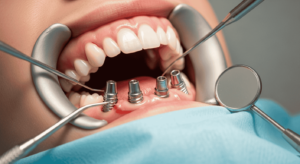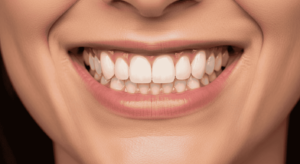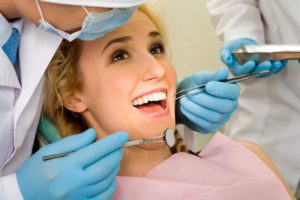David Bowie sang about the Golden Years, but for many seniors in the US, the elderly years don’t always feel like the golden years.
When it comes to medical conditions, your body will be getting older and (as much as you would prefer it didn’t happen this way) things begin to get more difficult.
Facing Old Age
You may feel as though you are now more prone to sickness or disease, or if it is a part of aging, you may feel as though the symptoms are more severe.
With this in mind, here is a brief outline of some of the most common health problems that seniors face:
Arthritis
Arthritis can be excruciatingly painful. It is a chronic condition that affects the joints and surrounding tissues. It is an umbrella term used for conditions such as Rheumatoid Arthritis and Osteoarthritis.
Rheumatoid Arthritis (RA) is an auto-immune disease that damages tissue around joints but can affect multiple organs including the eyes, lungs, and heart.
Eye Issues
Your eyes are never completely at rest, even when you are asleep. There is always some movement of the eye muscles.
This can cause them to become strained and develop problems with their ability to focus.
Some of the most common symptoms include:
- Tired eyes
- Blurred vision
- Nearsightedness (myopia) at an early age
It’s vital that you see a specialist if you are having any eye problems. Book in for Premium Cataract surgery or just get a checkup to see how your eyes are getting on.
Bone Loss
As you get older, your bones start to thin out and become more susceptible to ailments such as Osteoporosis.
To understand this condition, imagine your bones as a honeycomb structure.
When you are younger, this will be filled with long bones that are full of both calcium and vitamin D3.
As you age, there is a reduction of the amount of calcium in your bones and they start to thin out. As a result, your bones become weaker and more susceptible to breakages or fractures.
Heart Attack/Stroke
Both strokes and heart attacks are medical conditions that can have devastating consequences if not treated immediately.
The symptoms of a stroke are usually quite indistinguishable from cardiac issues; however, you should act quickly if any of the following symptoms occur:
- Sudden numbness in the face, arms, or legs (especially on one side). You may also find it difficult to walk or speak.
- Sudden dizziness, severe headache, and confusion.
- Pain in your chest that spreads to one or both arms.
- Breathing difficulties such as severe coughing or wheezing. Could also include severe abdominal pain and vomiting.
While strokes can cause brain damage and require more serious medical attention, a heart attack will leave you with the feeling of tightness in the chest and pain throughout your upper body.
Heart attacks can be treated with medication and an immediate visit to the hospital.
If you visit your family practitioner, they can run a series of tests on your heart to check for any abnormalities that could indicate a problem with your heart or blood pressure levels.





Be First to Comment